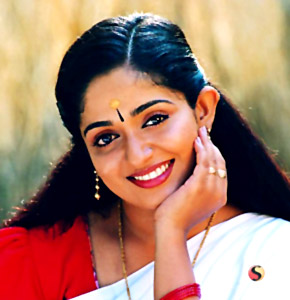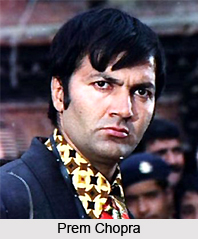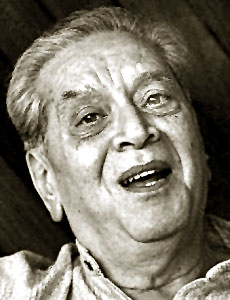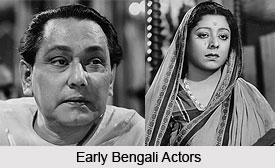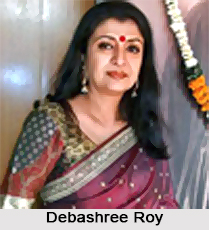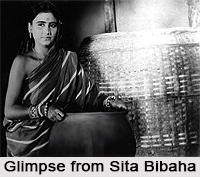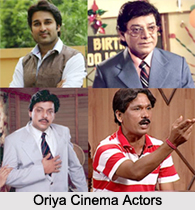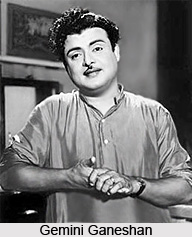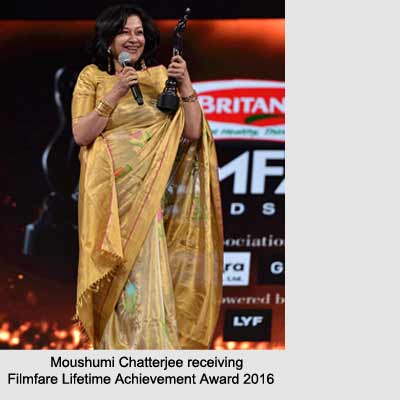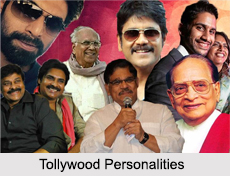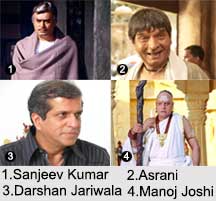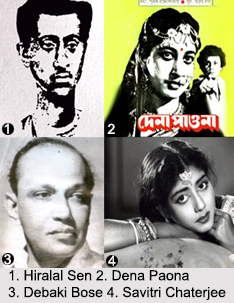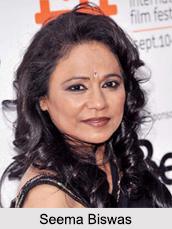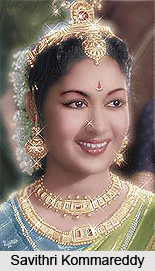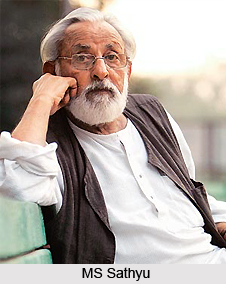 Mysore Srinivasa Sathyu is a stage director and set designer close to Indian People`s Theatre Association. He is one of the first protagonists of the New Cinema. MS Sathyu from Karnataka illustrates Kannada Films as much as Hindi cinema.
Mysore Srinivasa Sathyu is a stage director and set designer close to Indian People`s Theatre Association. He is one of the first protagonists of the New Cinema. MS Sathyu from Karnataka illustrates Kannada Films as much as Hindi cinema.
Early Life of MS Sathyu
Sathyu did his schooling and completed his higher education at Mysore and Bengaluru. In 1952 he left college while working on his Bachelors of Science degree and instead plunged into the uncertain world of films in Mumbai.
Initially he worked as a freelancer in an animation company in 1952-3. After being unemployed for nearly four years, he got his first salaried job as assistant director to film-maker Chetan Anand.
Career of MS Sathyu
His first and most famous film tackles the theme rarely brought to the screen with such force and sensitivity by his Hindi colleagues. Garm Hawa (1973) follows the ideological trend of IPTA. It is probably the most thoughtful Indian film on one hand about the anxiety and the trauma of the minorities and on the other hand about the independent India`s ability to infuse confidence into her Muslim subjects. In the film neither is MS Sathyu a Muslim or his leading actor Balraj Sahni. The actor is cast as a `Biblical` patriarch in his last role before his death. The film reconstructs the Muslim milieu of Agra, the family of Salim, a prosperous shoemaker feels totally Indian. Then there appear more and more disturbing signs that plunge the family into despair. The family loses its property, fearing that immigrants driven out of their new Pakistan might ruin their trade, then when the daughter commits suicide, after having seen her marriage fail twice with suitors: all these incidents emotionally batters the family of Salim (Balraj Sahni). Little by little family and friends emigrate and the decision to leave is taken. On the way to the railway station, the horse carriage of the family about to leave comes across a Communist demonstration advocating the unity of all, without consideration of caste or religion.
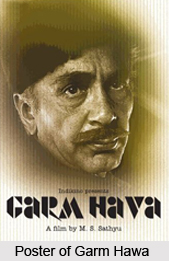
MS Sathyu`s next film was Kanneshwara Rama (1977) with BV Karnath, Anant Nag and the future much acclaimed contemporary Indian actress, Shabana Azmi, traces the tumultuous career of a peasant of a peasant and anti-British outlaw in 1920s, who has gone down in folklore as a sort of Robin Hood. The person is betrayed by his mistress but is unaware of her act. The film reveals a certain penchant for the soft variety of commercial formulas.
Two years another film of the same type, Chitegu Chinte, is a realistic comedy in the genre unusual in India then, namely the political satire. On an imaginary island, which is dominated by democracy and love of cinema, crooked politicians gravitate around a criminal, who covers up his activities under the guise of a home for the blind. In a film within the film, the hero, a popular actor and popularity seeker desirous of standing elections, engages a teacher of karate to develop his image of a Bruce Lee, but his teacher has, in fact, been paid to assassinate him by one of his political rivals. He evades all the traps of the villains but he and the wicked gangster die in the end.
Based on true facts, Bara (Sookha in Hindi) was released in 1980. The film is set in ten area of the Karnataka cultural movement Navya. It is a political film about the rivalries between politicians, here two ministers of Karnataka, one of whom appeals to a mad psychic to resolve a crisis. They are unable to overcome a disastrous drought in a district, which ahs caused a terrible famine. The negligence of one of them provokes a revolt but it is the cleverer of the two who manages to have the grains transported and this carries the day.
His recent film has been Gallige (1995), is a plea for understanding between all the Indians beyond their religious, regional and linguistics differences.
The works of MS Sathyu will always remain part and parcel of the revival of the Indian cinema
Awards Received by MS Sathyu
1966: Filmfare Best Art Direction Award: Haqeeqat (for black-and-white film category)
1974: Cannes Film Festival: Golden Palm - Nominated.
1974: National Film Award: Nargis Dutt Award for Best Feature Film on National Integration: Garam Hawa
1975: PadmaShri
1984: National Film Award: Nargis Dutt Award for Best Feature Film on National Integration: Sookha
1984 Filmfare Critics Award for Best Movie: Sookha
1994: Sangeet Natak Akademi Award: Stagecraft
Production
M.S. Sathyu is so prolific that only notable works are listed...
Theatre Plays
Dara Shikoh written by Danish Iqbal
Mudrarkshas
Aakhri Shama
Rashmon
Bakri
Girija Ke sapne
Mote Ram Ke Sathyagrah
Amrita: a sublime Love Story written by Danish Iqbal
Films
Feature films
Ek Tha Chotu Ek Tha Motu
Garam Hawa (Hot Winds) 1973
Kanneshwara Rama (The Legendary Outlaw)
Bara/Sookha (Famine)
Ghalige
IJJODU (Kannada) 2009
Short films and documentaries
Irshad
Black Mountain
Ghalib
Islam in India
Television
TV serials
Pratidhwani 1985
Choli Daaman 1987-88
Kayar (Coir) 1992
Antim Raja (The Last Raja of Coorg) 1986
Tele-films
Aangan
Ek Hadsa Char Pehlu
Thangam







